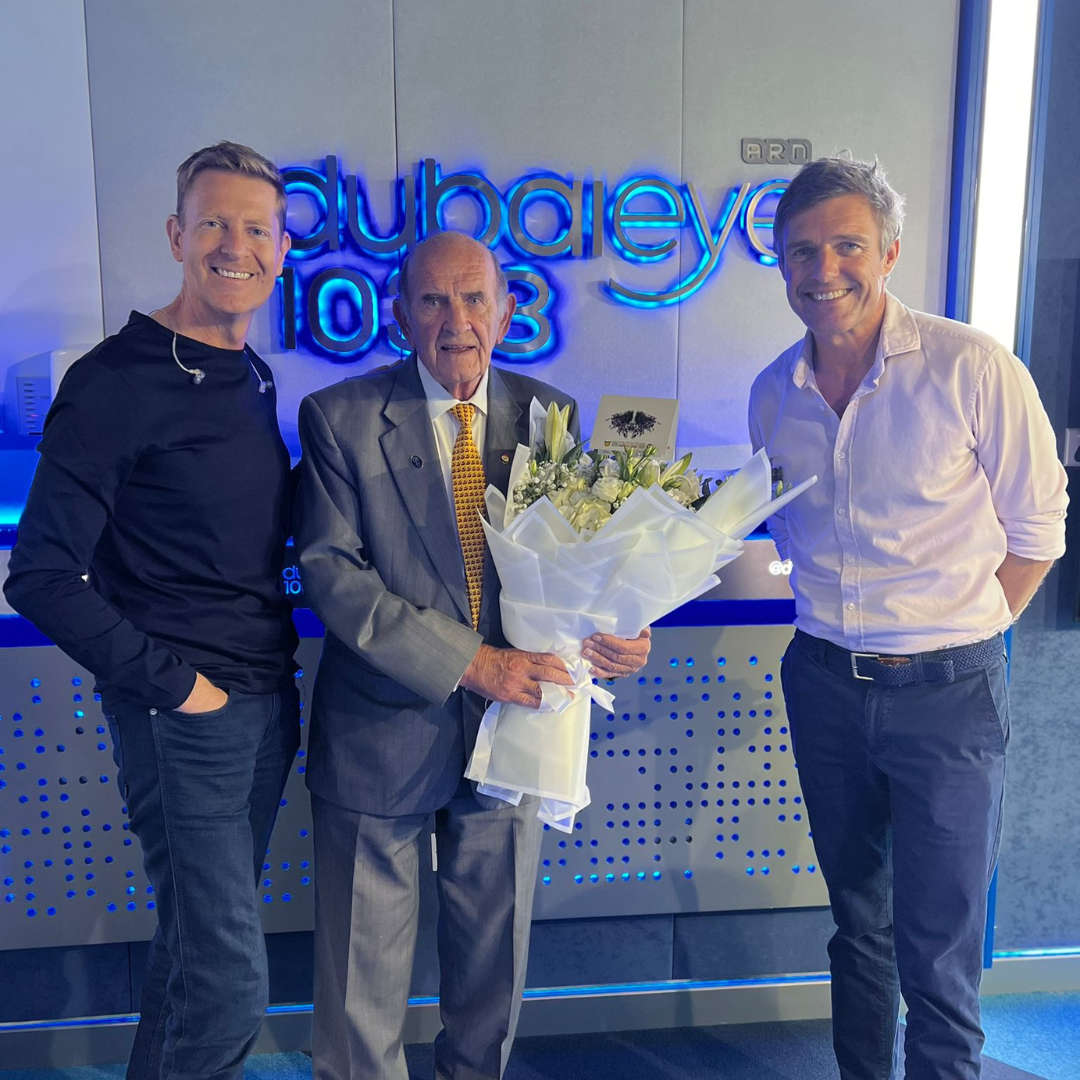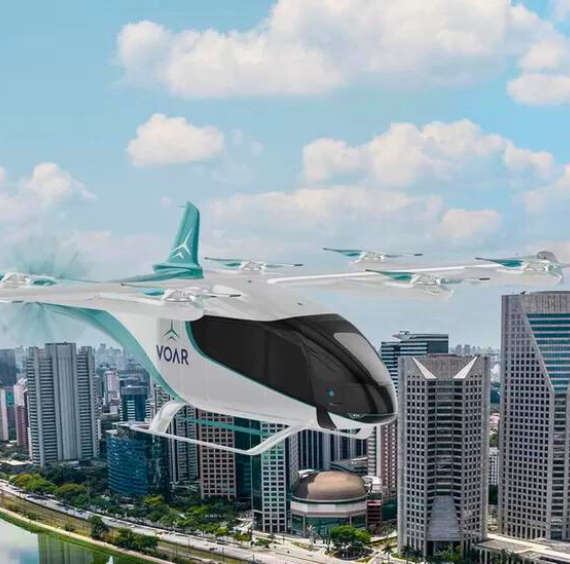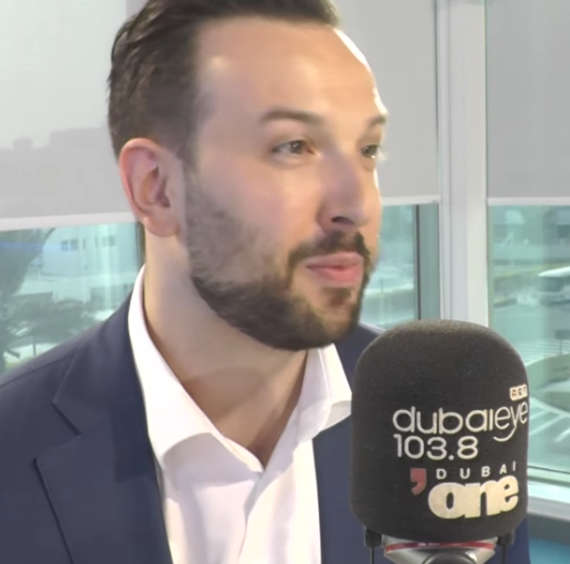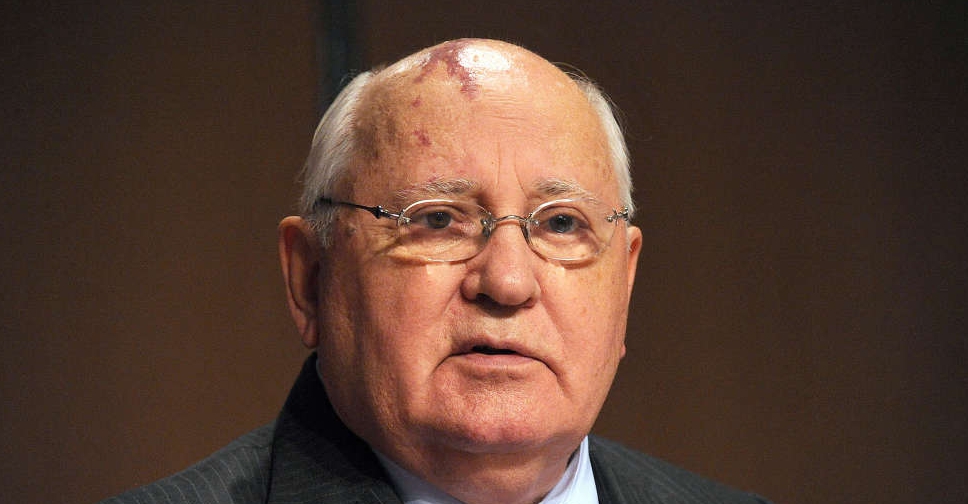
Mikhail Gorbachev, who ended the Cold War without bloodshed but failed to prevent the collapse of the Soviet Union, died on Tuesday at the age of 91, hospital officials in Moscow said.
Gorbachev, the last Soviet president, forged arms reduction deals with the United States and partnerships with Western powers to remove the Iron Curtain that had divided Europe since World War Two and bring about the reunification of Germany.
But his broad internal reforms helped weaken the Soviet Union to the point where it fell apart, a moment that President Vladimir Putin has called the "greatest geopolitical catastrophe" of the twentieth century.
"Mikhail Gorbachev passed away tonight after a serious and protracted disease," Russia's Central Clinical Hospital said in a statement.
Putin expressed "his deepest condolences", Kremlin spokesman Dmitry Peskov told Interfax news agency.
"Tomorrow he will send a telegram of condolences to his family and friends," he said.
Putin said in 2018 he would reverse the collapse of the Soviet Union if he could, news agencies reported at the time.
World leaders were quick to pay tribute. European Commission chief Ursula von der Leyen said Gorbachev had opened the way for a free Europe.
British Prime Minister Boris Johnson, said Gorbachev's "tireless commitment to opening up Soviet society remains an example to us all".
After decades of Cold War tension and confrontation, Gorbachev brought the Soviet Union closer to the West than at any point since World War Two.
Gorbachev won the Nobel Peace Prize in 1990.



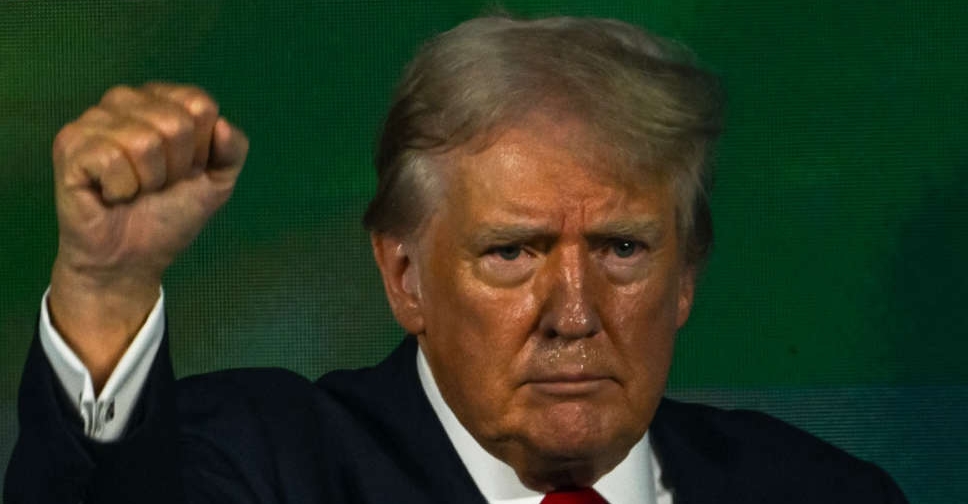 Trump to rally in Minnesota to blunt Harris' campaign momentum
Trump to rally in Minnesota to blunt Harris' campaign momentum
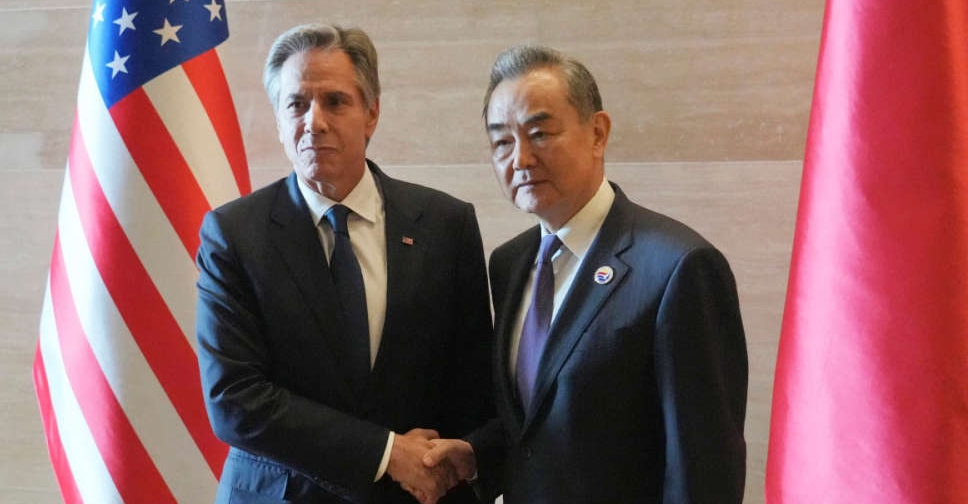 Blinken conveys concern to Wang over 'provocative actions' on Taiwan
Blinken conveys concern to Wang over 'provocative actions' on Taiwan
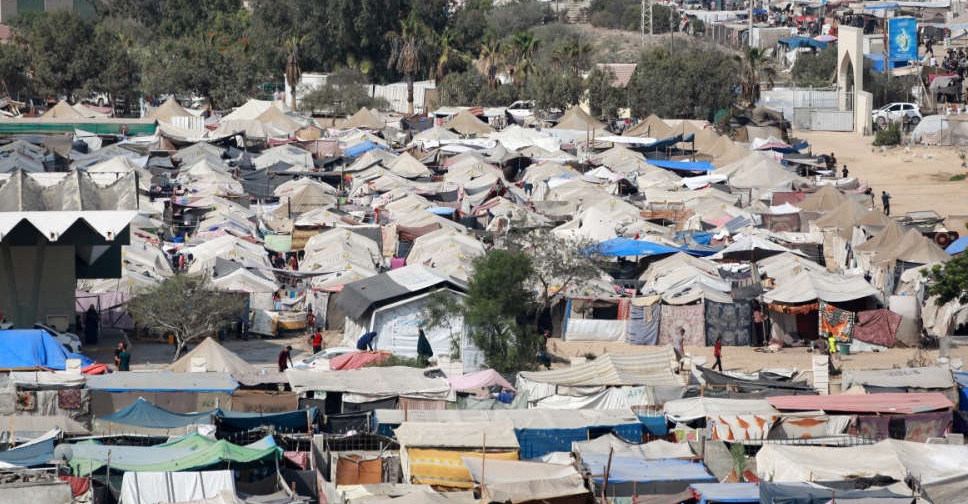 Israel issues a new evacuation order to the residents of Khan Yunis
Israel issues a new evacuation order to the residents of Khan Yunis
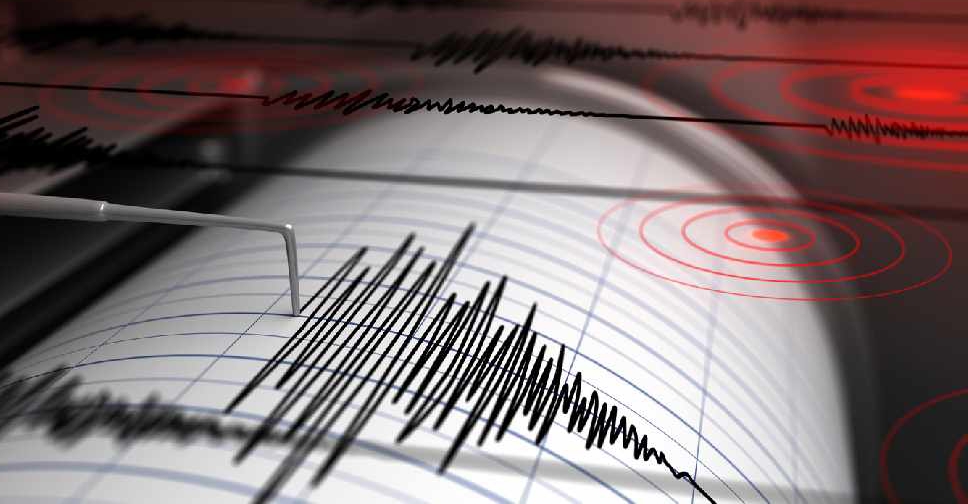 Earthquakes hit the Red Sea, near Saudi Arabia and Sudan
Earthquakes hit the Red Sea, near Saudi Arabia and Sudan
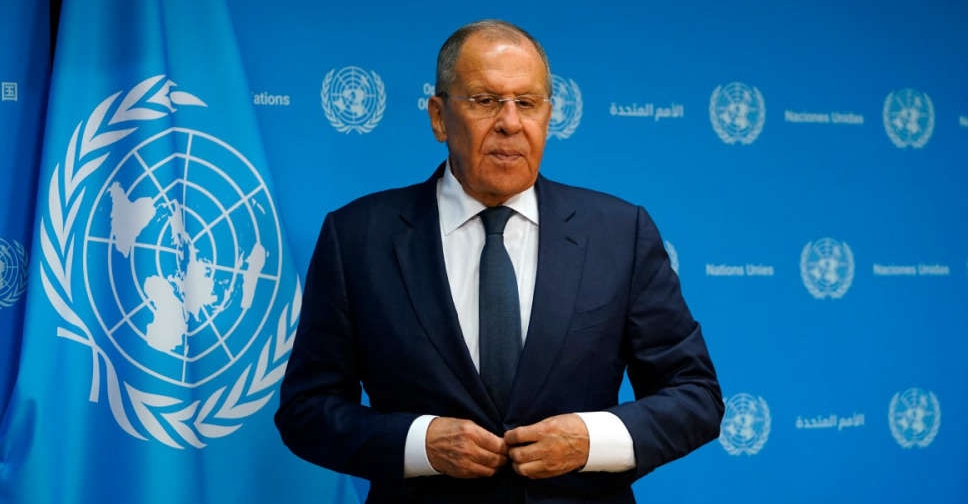 Russia's Lavrov says US-South Korea nuclear guideline adds concern
Russia's Lavrov says US-South Korea nuclear guideline adds concern

